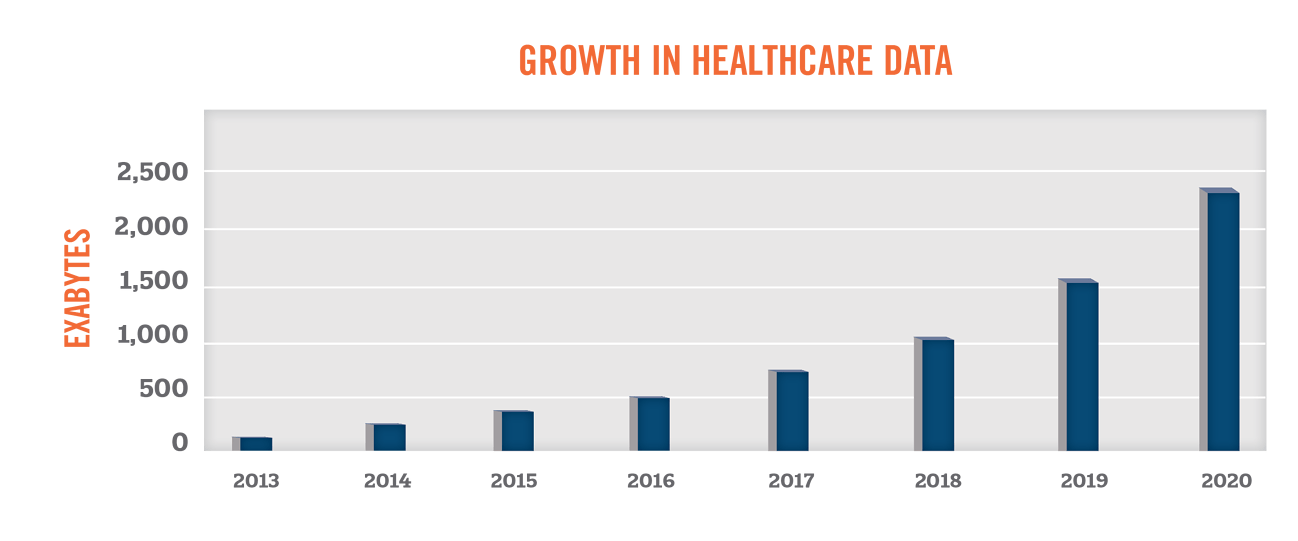The notion that patients should have access to their health records goes back to 1973. In a New England Journal of Medicine article titled, “Giving Every Patient His Medical Record: A Proposal to Improve the System”, it was argued that “four serious problems: maintaining high quality of care, establishing mutually satisfactory physician/patient relations, ensuring continuity, and avoiding excessive bureaucracy could be alleviated, in part, if patients were given copies of their medical records.”
Despite the fact that 97% of hospitals and 83% of providers now have some ability to allow patients to view, selected personal health information via a patient portal, most systems still share the minimum information required and physician notes are excluded. The patient can peek, but not take it with them. Physicians often restrict the actual data the patient can access using their portals for scheduling and reminders.
Millennials and their following generation of “digital natives” expect to have information at their fingertips, and as they age and begin to interact more frequently with the health system, they will expect their health records to be similarly available. With health systems required to engage patients more in their healthcare and researchers acknowledging a growing movement toward patients as partners, the need for patients to have access to their information is increasing. Healthcare is being transformed.

